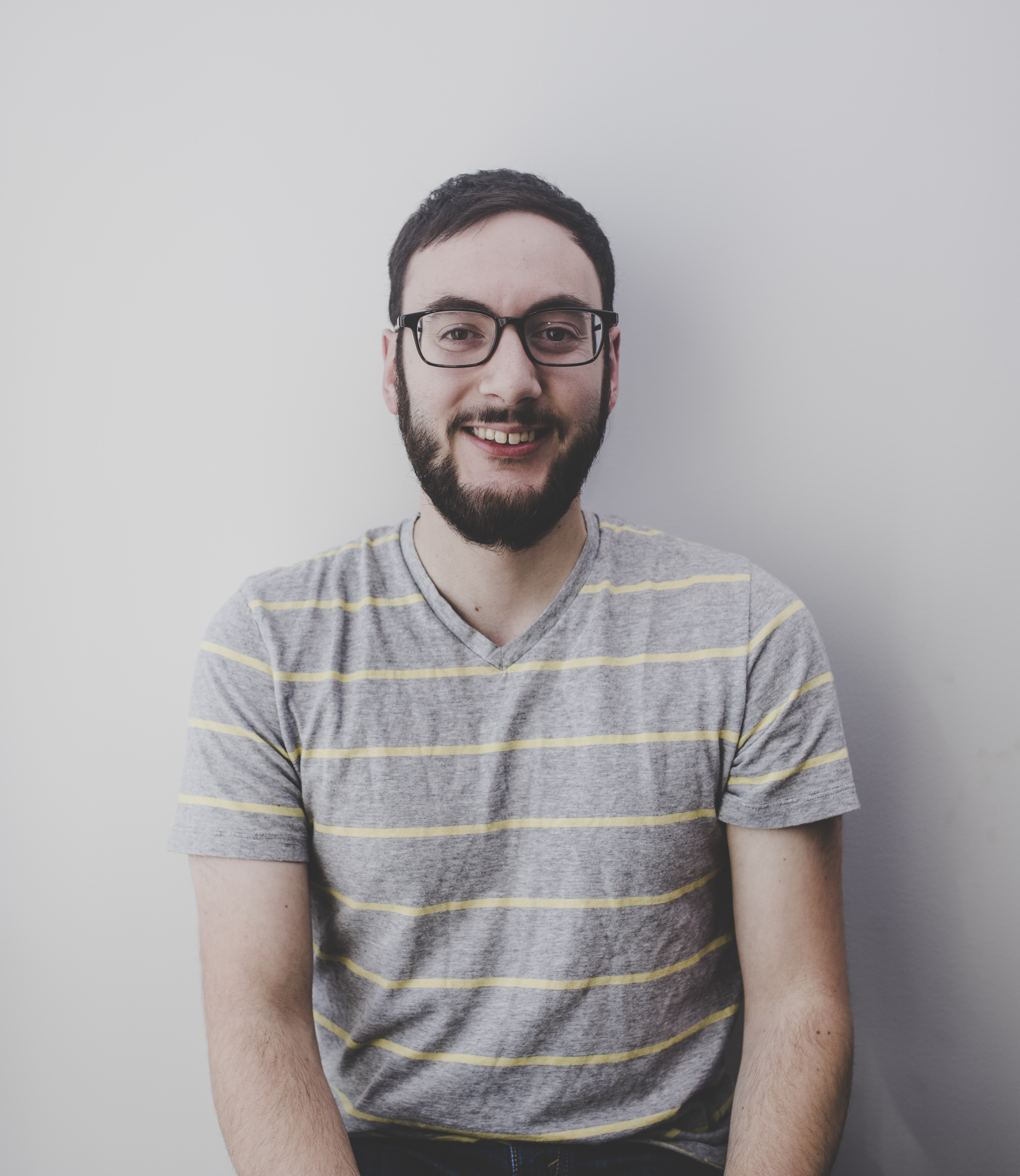I’ve never been to the famous Macy’s Thanksgiving Day Parade in New York City, but the closest I’ve felt to it was in the courtyard of a house in Stepanakert. Even though I wasn’t on 34th Street on a chilly November day, I had the opportunity to play both the spectacle and the spectator.
The occasion was a kef celebrating my host brother leaving for military duty. I was surprised to find the atmosphere was not macabre or depressing, but rather celebratory. As the whole family took to the stage, my host-brother hoisted his young sister up on his shoulders to dance, smiling and laughing with each other. I could see how young he was. Suddenly, this joy I observed turned sour, with notes of anger and frustration. Short of any permanent peaceful settlement to the conflict, my host family’s younger sons and others in Artsakh will be thrown the same party, sent to fight the same war that has been ongoing since the nineties. Two years of mandatory military service is required for all able bodied males in the Republic of Artsakh. Azerbaijan, the other party in the conflict, also has a policy of conscription with mandatory service being 18 months.
unlike the venerable tradition that graces our television screens each November, this is a tradition I hope comes to end one day for the better.
Say what you will about the soldiers across the Line of Contact and their families, but I can only assume a sizable number of them want peace, albeit under different circumstances. Strangers shooting each other, born to fight in a conflict that started before they were born, what could be more depressing? These were just a few thoughts running through my head as I watched the festivities.
When eyes and ears weren’t focused on my host family and their son, I could occasionally feel the eyes of my neighbors drawn to me: a clearly marked American in his Old Navy attire, under-dressed and unprepared for navigating the overcrowded spread on the table and the Armenian dialect of those sitting at it. However, what I was most unprepared for was the oghi. I have had it before and plenty of times over dinner (or breakfast) but never on a truly empty stomach like that day. I prayed for a long winded genats (a toast) each time to serve as a buffer, but they came in rapid succession. Between the shots, the carbonated Jermuk water, pickled vegetables, bread and potatoes, I felt like a slowly expanding balloon, like a float in the Macy’s Day Parade.
And as balloons tend to do, I rose. After hours of badgering and with the help (coercive hands is more accurate) of two people pulling me from my seat, I made my way up to the dance floor, threw my arms up into the air and tried to move in the most convincing ways possible. As guests and host family members sent smirks my way, I could only return it with a shrug and a smile, saying something along the lines “I have no idea what I’m doing but I’m here.” Unintentional dance offs ensued, a tight knit group of old men dancing graciously opened a spot in their circle for me so I could join, throwing my knees up in the air as best as I could, struggling to match the movements of their surprisingly sprightly bodies.
And as is the fate of most balloons, what goes up, must come down. Eventually I was cut off from the oghi, but here that meant switching to beer, which I was told to pair with salted chickpeas. The balloon careening down 34th Street was inflating more and reaching its breaking point. After “retiring” to my bed, I woke up and wandered to the balcony, my ears following the clatter of plates being cleaned and the murmurs of the men and women in the after-party. Looking down, I knew and they knew, this wouldn’t be their last kef celebrating the departure of a loved one, whether it is temporary or permanent. The odds of this happening next year are as likely as next year’s Macy’s Day Parade. It’s a tradition that has baked itself into the culture, and one that most people here take part in. However, unlike the venerable tradition that graces our television screens each November, this is a tradition I hope comes to end one day for the better.



CIA